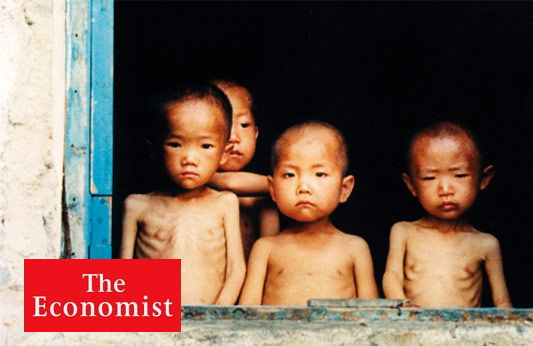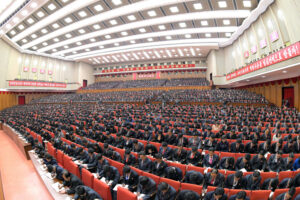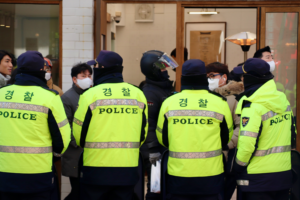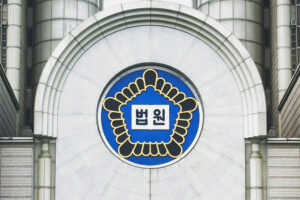Most of us understand reporting on North Korea can be difficult. The majority of internal information is considered a state secret, media access is extremely limited, and its people rarely speak to outsiders (and when they do its only they're accompanied by minders). However, these difficulties seem to have created an unfortunate ‘anything goes’ policy towards reporting on the DPRK. Often this articulates in an almost ‘comedy’ style reporting of North Korea (especially regarding its leaders) or through articles that demonstrate a lack of even basic fact checking (as NKNews recently highlighted). Now, The Economist enters the fray, with an article entitled "In praise of North Korea and Uzbekistan", showing another of the risks when reporting on the DPRK, - suspicion to the point of bias.
In dealing with North Korea there are of course many morally difficult decisions. Politicians and diplomats regularly face these: how to deal and talk with a nation without legitimizing its actions? What concessions should be made to improve the life of the North Korean people, and when does help become a step too far?
Most of us understand reporting on North Korea can be difficult. The majority of internal information is considered a state secret, media access is extremely limited, and its people rarely speak to outsiders (and when they do its only they're accompanied by minders). However, these difficulties seem to have created an unfortunate ‘anything goes’ policy towards reporting on the DPRK. Often this articulates in an almost ‘comedy’ style reporting of North Korea (especially regarding its leaders) or through articles that demonstrate a lack of even basic fact checking (as NKNews recently highlighted). Now, The Economist enters the fray, with an article entitled "In praise of North Korea and Uzbekistan", showing another of the risks when reporting on the DPRK, - suspicion to the point of bias.
In dealing with North Korea there are of course many morally difficult decisions. Politicians and diplomats regularly face these: how to deal and talk with a nation without legitimizing its actions? What concessions should be made to improve the life of the North Korean people, and when does help become a step too far?
Become a member for less than $4 per week.
Unlimited access to all of NK News: reporting, investigations, analysis
The NK News Daily Update, an email newsletter to keep you in the loop
Searchable archive of all content, photo galleries, special columns
Contact NK News reporters with tips or requests for reporting
Get unlimited access to all NK News content, including original reporting, investigations, and analyses by our team of DPRK experts.
Subscribe now
All major cards accepted. No commitments – you can cancel any time.










